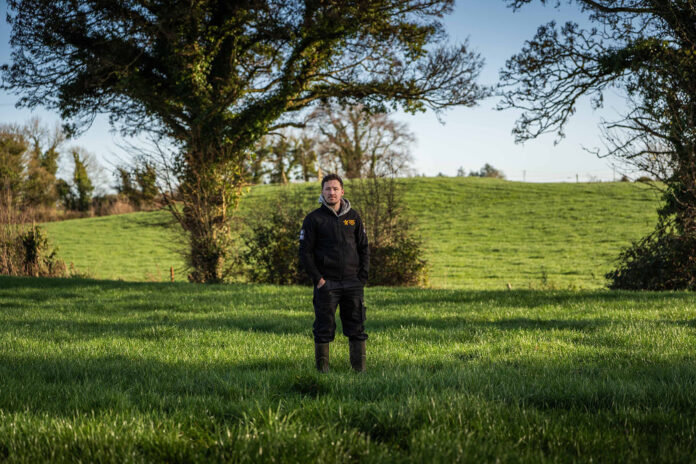
Yet another year of uncertainty is facing Irish farmers, according to the Irish Farm Report 2025 titled, ‘The Next Generation: The Changing Face of Agriculture’, conducted by ifac.
Irish farming is in a state of flux and there is now an evident level of frustration among farmers because of the increasing amount of bureaucracy involved in running a farm business on top of fundamental changes to farming practices, resulting in 60% naming rules and regulations as their top concern. This is closely followed by input prices (54%) and the weather (48%).
Yet overall, 51% of farmers are positive about the future – an improvement on last year (46%) but below the optimism levels of 2023 (56%). The report features findings from ifac’s annual farmer survey, containing the views of over 1,035 Irish farmers (surveyed between October and November 2024).
PENSIONS
For the fourth year in a row, input prices are a big concern; 1 in 2 farmers state input prices as their biggest financial challenge. The findings also point to other gaps in farmers’ financial planning and knowledge such as 70% not creating budgets, exposing them to financial risk.
And when it comes to prioritising pensions, 1 in 3 don’t know if their pension will provide sufficient income in retirement and 39% of tillage farmers have no private pension in place (compared with 22% of all farmers). In addition, 40% of farmers are unfamiliar with the upcoming Auto-enrolment Pension Scheme and 32% of farmer employers are unaware. This whole area is a red flag for the sector, especially as pensions play an important role in personal security later in life and serve as a practical tool for managing farm succession.
In relation to succession, the findings again demonstrate that it’s an ongoing challenge for the industry, even though slightly more families are starting to tackle succession planning. The report shows that 23% say the biggest barrier to succession and securing the future of their farm is that the lifestyle doesn’t appeal to the next generation – now a growing issue for the sector.
FARM PARTNERSHIPS
Today, 1 in 3 farmers have chosen a successor, however this leaves 1 in 5 with no successor at all and a lot of farms in limbo. Interestingly, one model that supports succession is farm partnerships – half of the farmers in a partnership have identified a clear successor. Also, 65% are unaware of the Succession Planning Advice Grant to help with the legal, accounting and advisory costs of succession planning.
Concerning the environment, 56% of farmers cite renewable energy technology as the most significant technology on farms, benefitting the environment. 1 in 5 farmers say they currently need additional slurry and soiled water storage but are likely not acting until the Nitrates Derogation picture is clearer for the longer-term.
The findings also show that employers are turning to word of mouth to find non-family employees, with 81% relying on word-of-mouth for recruitment. In addition, the report reveals a stigma surrounding mental health in the industry – 48% of farmers who suffered with depression in the past three years did not seek help, demonstrating the slow uptake by farmers of services and supports across rural communities.
Other key takeaways from the report includes that 1 in 4 have borrowed money in the past 12 months; 1 in 3 over 50s do not have a will in place, exposing beneficiaries to tax issues; and 42% see technology enhancing decision-making on-farm, with 37% saying it improves labour efficiency
Ifac’s Irish Farm Report 2025 also features helpful case studies and plenty of advice for Irish farmers on a whole host of topics such as farm partnerships, succession planning, inheritance tax, profitability and budgeting, organics, managing credit, new entrants, solar, Nitrates Derogation, recruitment, pension planning, and health and wellbeing.







